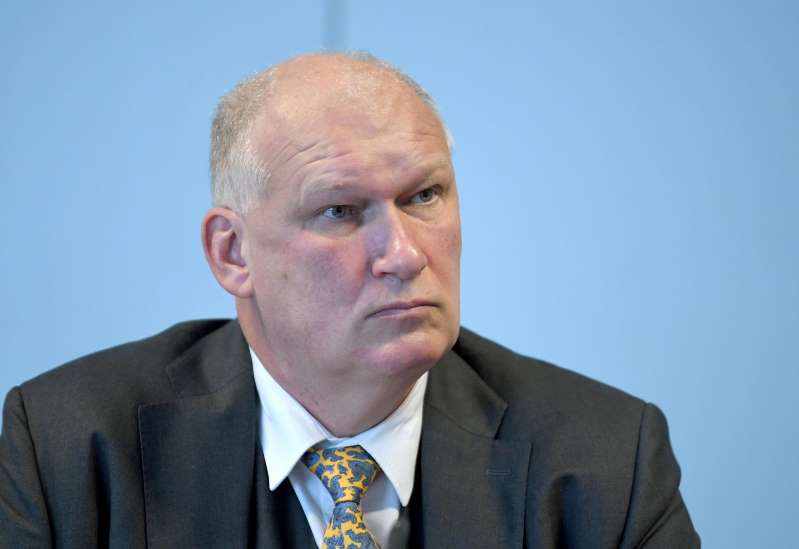Without income there is no rent, without rent there is no fixed cost subsidy.

The opposition parties SPÖ and NEOS are jointly demanding clarification from the government as to whether or not companies closed in the corona lockdown will have to pay rent. Without such a clarification, the aid measures would develop into an “economic stimulus package for lawyers” in the face of the expected flood of lawsuits, says SPÖ economics spokesman Christoph Matznetter. It is unreasonable that a tenant does not know whether he has to pay the rent, says NEOS economics spokesman Sepp Schellhorn.
Matznetter points out that, according to the ABGB, tenants do not have to pay rent in the event of an epidemic-related closure, but the landlords also do not provide a replacement property. Since the government has not made it clear how to deal with the renting or leasing of closed companies, often only legal recourse remains.
Matznetter referred to two first instance judgments according to which tenants do not have to pay, but there is still no OGH judgment. Schellhorn recalled that the NEOS would have wished for loss compensation. But when it comes to government subsidies through COFAG, the government has failed to clarify how things will go on with renting or leasing closed businesses.
At the joint press conference, the Viennese cafetier Berndt Querfeld pointed out a dilemma in which he finds himself as an entrepreneur. Although he had received “sufficient funding to survive” by the end of 2020, the costs for the employees can be represented, especially thanks to short-time work, “with a few hops” such as the holiday compensation.
However, dealing with rent payments is much more difficult. On the one hand, he interprets the legal situation in such a way that he does not have to pay rent for the period with no turnover due to the official closure. But the government's funding policy, specifically the funding organization COFAG, is unclear and complicates the situation. Because COFAG demands from entrepreneurs that they reduce their rent as much as possible and only wants to support the justified portion of the rent – COFAG can even claim back what has flowed too much. According to Querfeld, there is no information about what exactly is “justified”.
Querfeld is at odds with his private landlord, but state organizations as landlords are not necessarily better either, says the entrepreneur.
Because in the end, Schönbrunn, the Burghauptmannschaft belonging to the Ministry of Economics, demanded that he submit 100 percent of the lease amounts as a fixed cost subsidy, only then would they want to negotiate reductions. However, the COFAG, which is part of the Ministry of Finance, demands the highest possible reduction in the rent before accepting an application for funding.
Strictly speaking, the Ministry of Economic Affairs tells us, “Please get 100 percent of the possible subsidies from the Ministry of Finance, give it to Schönbrunn Palace, they will consider whether they will let up,” said Querfeld. On closer inspection, this corresponds to an attempt to circumvent the legal regulations.
“Soul Kitchen” boss Farangis Firoozian criticized that she only received a fixed cost subsidy if she paid her rent – but without income she could not pay the rent. “Has anyone thought about that?” She had to liquidate everything she owned privately, while “the state leaves me hanging completely. The state has locked me up and is responsible for getting me through the crisis”. Your company was healthy before the crisis and could continue to do well after the crisis. To do this, however, she now needs support – which her many suppliers would also benefit from.

